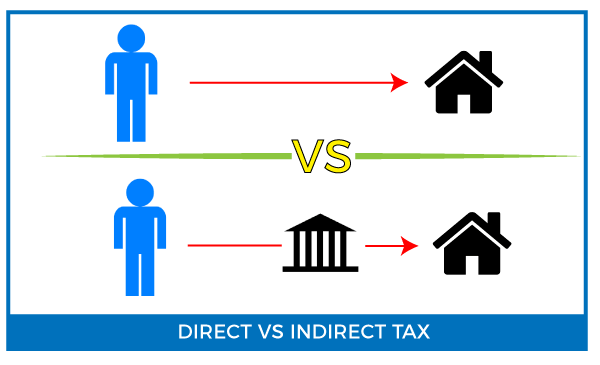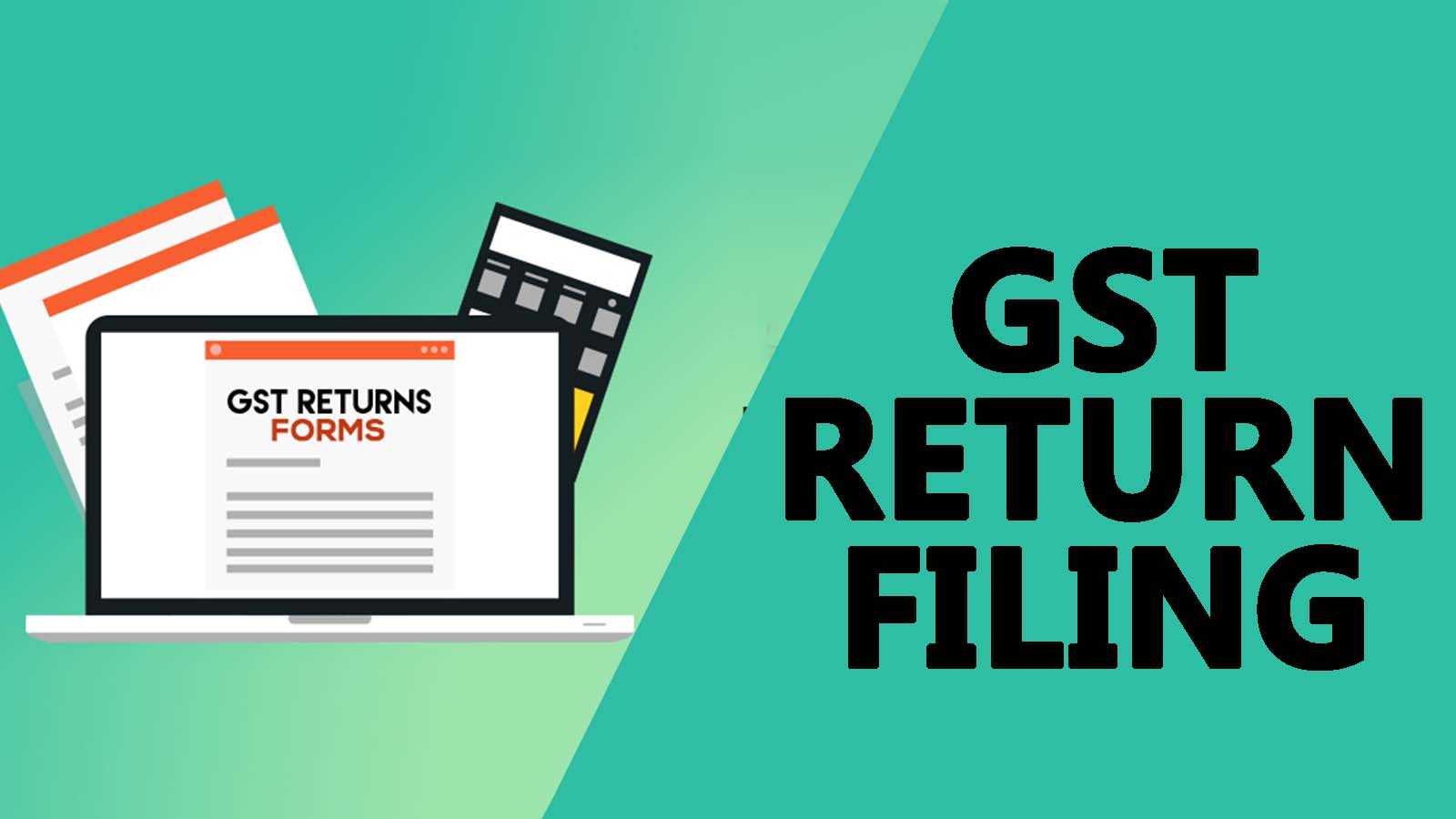Do expatriates have to pay taxes?
Do expatriates have to pay taxes Do expatriates have to pay taxes, commonly referred to as expats, face a wide spectrum of tax obligations that exhibit considerable variation depending on their unique circumstances. Factors such as their country of residence, citizenship, and the tax regulations of both their home country and the country of… Read More »









